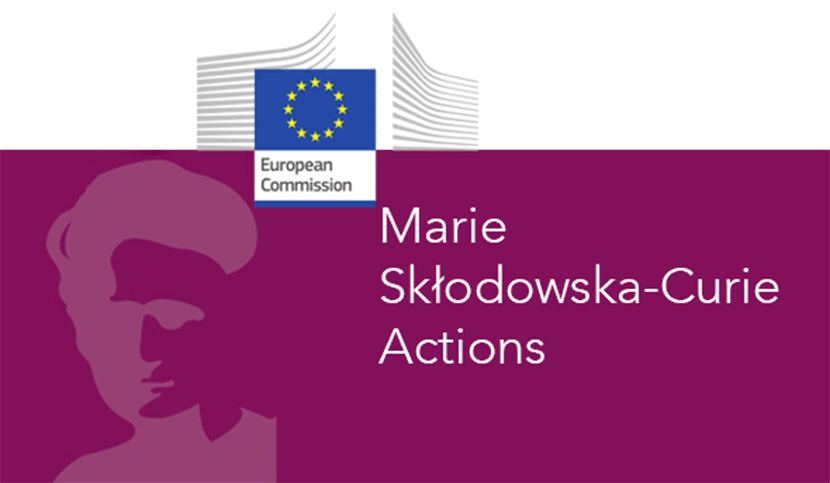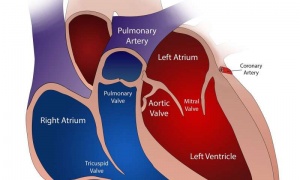MSCA-Postdoctoral Fellowships and ERA Fellowships
The 2023-MSCA-Postdoctoral Fellowships (PF) call is opened now with a deadline on the 13th September 2023 (17:00 Brussels time); designed to support researchers of any nationality who wish to engage in R&I projects by either coming to Europe from any country in the world or moving within Europe. Postdoctoral Fellowships aim at enhancing the creative and innovative potential of researchers through advanced training and international and inter-sectoral mobility and are open to all domains of research and innovation, from fundamental research to market take-up and innovation services.
This year’s the European Research Executive Agency received 7 044 proposals:
- European Fellowships: 6,334 proposals
- Global Fellowships: 710 proposals
The European Commission will award €257 million to 1,235 postdoctoral researchers to work at top universities, research centres, private and public organisation and small and medium-sized enterprises.
- €218.5 million to 1,093 researchers through European Postdoctoral Fellowships, allowing them to carry out their projects in the EU or countries associated to Horizon Europe
- €38.5 million for Global Postdoctoral Fellowships, allowing 142 researchers to carry out research outside the EU or countries associated to Horizon Europe, mostly in the United States, Switzerland, Canada and Australia, before returning back to Europe
Female applicants represent 43% of the awardees. Selected applicants represent nearly 80 nationalities and will work across 48 countries in Europe and the rest of the world.
Types of Postdoctoral Fellowships:
- European Postdoctoral Fellowships: are open to researchers moving within Europe or coming to Europe from another part of the world to pursue their research career. These fellowships take place in an EU Member State or Horizon Europe Associated Country and can last between 1 and 2 years. Researchers of any nationality can apply.
- Global Postdoctoral Fellowships: are open to European nationals or long-term residents who wish to engage in R&I projects with organisations outside EU Member States and Horizon Europe Associated Countries. These fellowships require an outgoing phase of minimum 12 and maximum 24 months in a non-associated Third Country, and a mandatory 12-month return phase to a host organisation based in an EU Member State or a Horizon Europe Associated Country.
Who can apply:
Most promising postdoctoral researchers from EU member states or countries associated to Horizon Europe wanting to diversify their competences, acquire new skills and go abroad. Postdoctoral researchers must hold a PhD at the call deadline, have no more than 8 years research experience after their PhD and must comply with mobility rules.
Secondments/Non-academic Placements:
Both types of fellowships may also include short-term secondments anywhere in the world during the fellowship (except during the return phase of a Global Fellowship).
In an effort to build bridges between the academic and non-academic sector, researchers can receive additional support to carry out a placement of up to 6 months in a non-academic organisation based in an EU Member State or Horizon Europe Associated Country. This placement needs to take place at the end of their fellowship.
Budget:
The financing is based on unit costs where a researcher month is one unit. It is composed of living allowance (€5080/month adjusted through a country correction coefficient), mobility allowance (€600/month) and family allowance (€660/month if applicable) as well as research & training costs (€1000/month) and management costs (€650/month).
Benefits for researchers:
- Advanced training and mobility
- 100% funding
- Recognition of excellent science
- Increase of career prospects
Benefits for host organisations:
- Access to talent
- Recruitment of highly skilled researchers
- Enlargement of international networks
- Transfer of knowledge
MSCA Seal of Excellence:
- Applicants with an evaluation score equal or above 85%, but whose proposal could not be funded due to insufficient budget, will be awarded an MSCA Seal of Excellence to support them in securing alternative funding from national or regional authorities.
- Note: re-submission restrictions apply for applications that received a score below 70% the previous year.
ERA Fellowships:
This action builds on the MSCA Postdoctoral Fellowships 2023 action and only the European Postdoctoral Fellowships can qualify for the ERA-PF call. The target group are host organisations located in Widening Countries.
- Bulgaria, Croatia, Cyprus, Czechia, Estonia, Greece, Hungary, Latvia, Lithuania, Malta, Poland, Portugal, Romania, Slovakia and Slovenia
Fellowships are open to researchers of any nationality who wish to engage in R&I projects by either coming to the EU from any country in the world or moving within the EU to a Widening Country.
How can I apply for ERA:
In the application for MSCA-PF, the fellow must indicate that if not selected for funding, he/she wants to apply for the ERA Fellowship.
- After the MSCA-PF evaluation is completed, if the proposal is not selected for lack of funding, but is eligible for ERA Fellowship, it is automatically resubmitted to the ERA Fellowship call (with the score the proposal received in the MSCA-PF evaluation)
- Host organisations from Widening Countries will be informed simultaneously about the results of the evaluation for both MSCA-PF and the ERA-PF call, i.e. all applicants eligible for transfer to the ERA-PF call will receive a standard MSCA-PF evaluation result letter and an attached ERA PF evaluation result letter.




